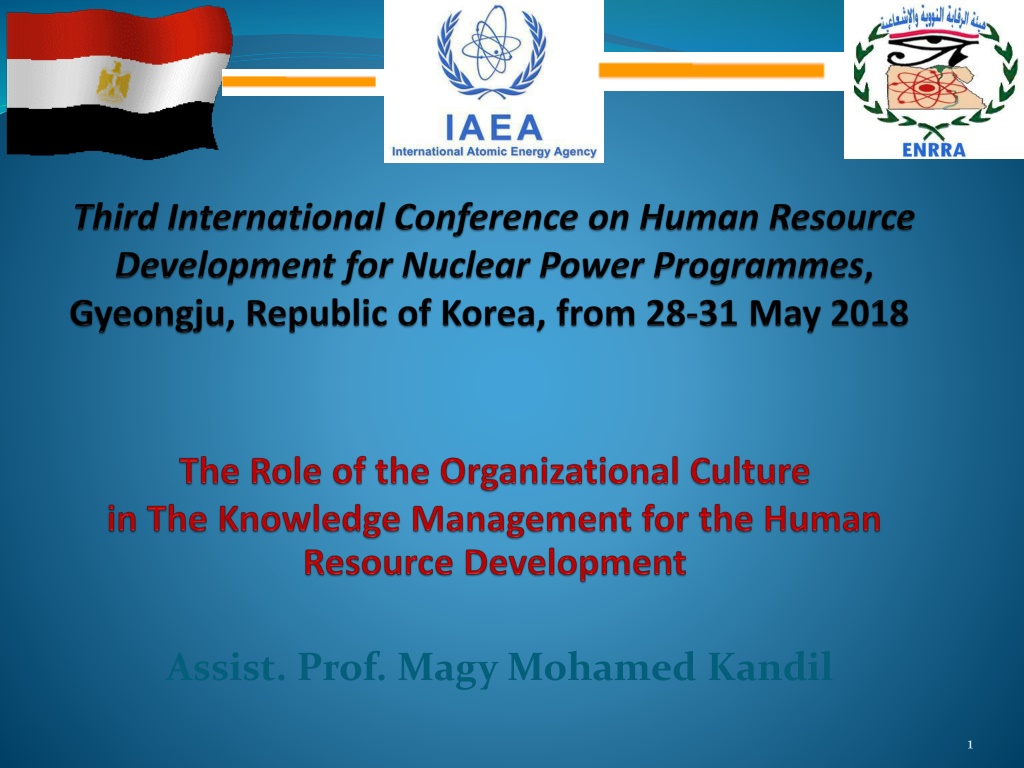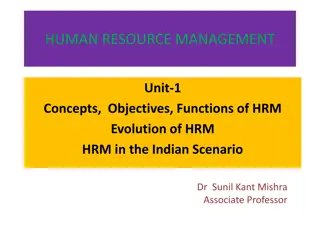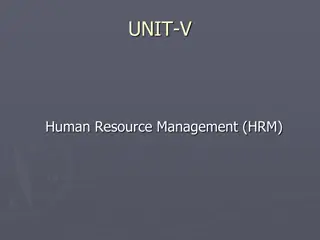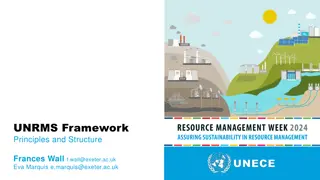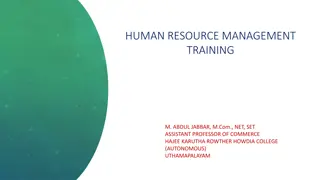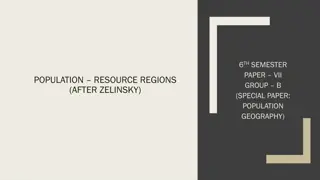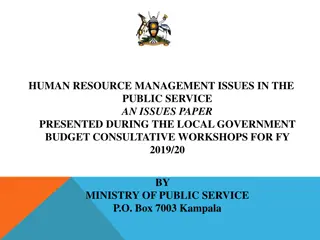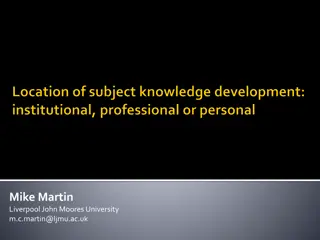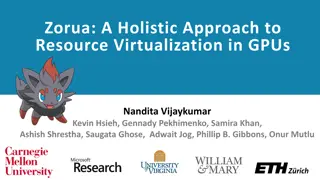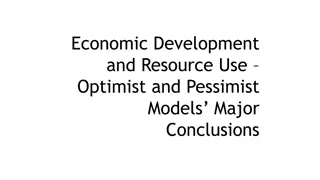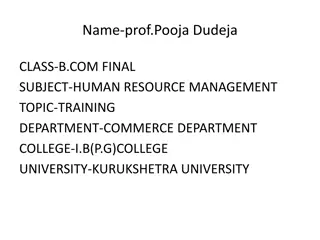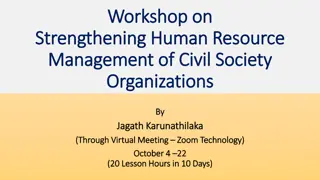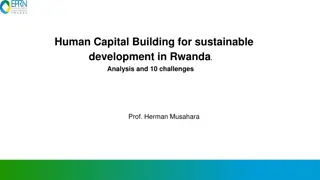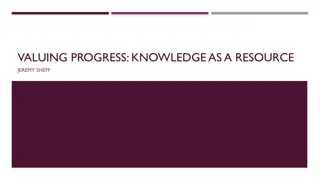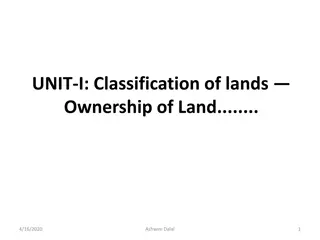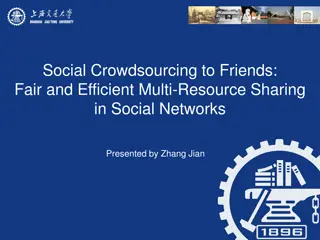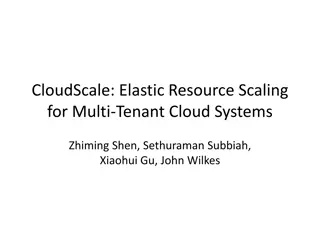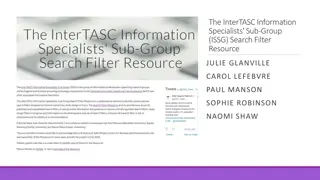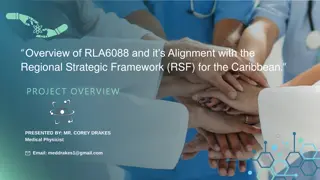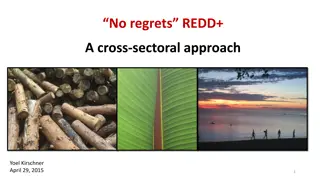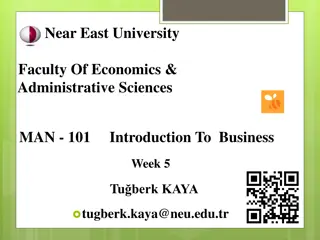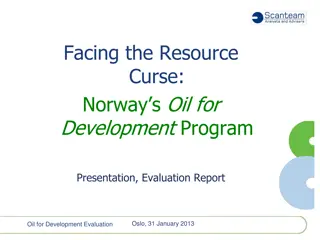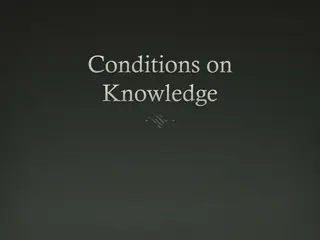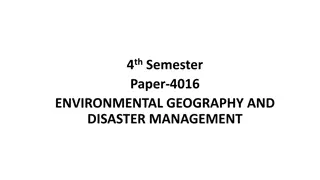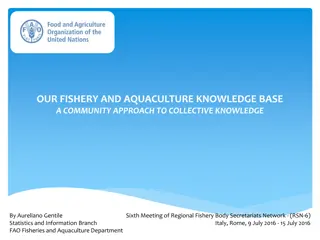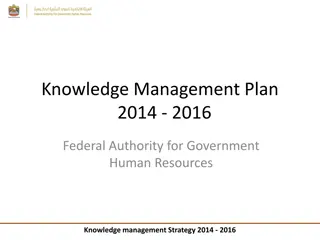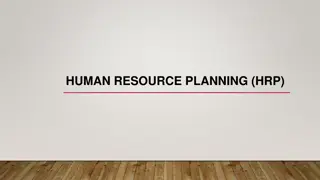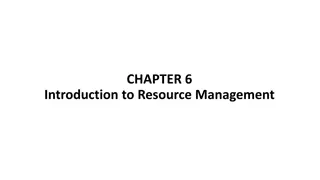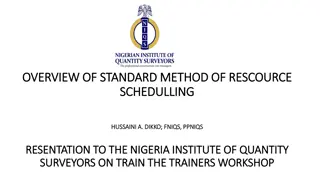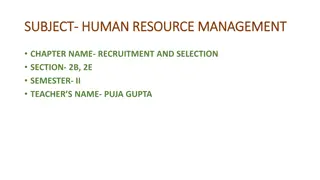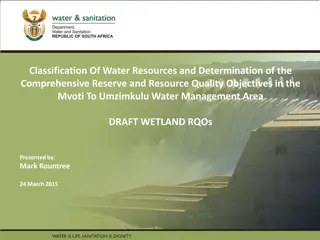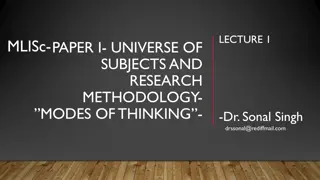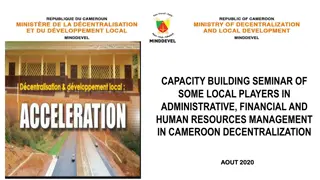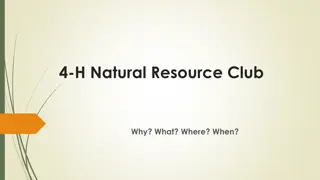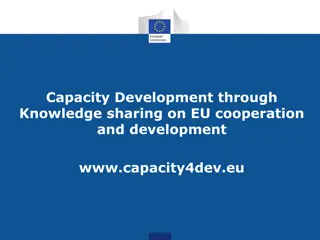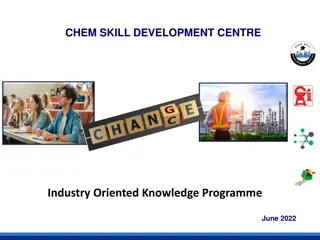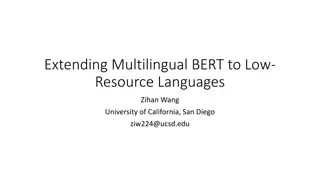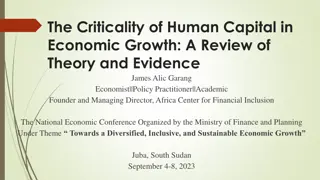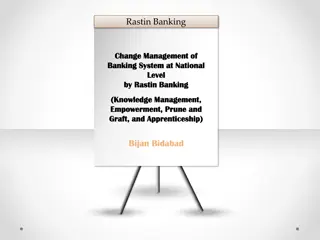Enhancing Human Resource Development through Knowledge Management
Monitoring and improving human performance in nuclear facilities is a key challenge, with knowledge management playing a crucial role in increasing staff competence. Organizational culture influences knowledge-sharing success. Explore the components of knowledge management, its importance in nuclear organizations, and the terminology associated with managing knowledge effectively.
Download Presentation

Please find below an Image/Link to download the presentation.
The content on the website is provided AS IS for your information and personal use only. It may not be sold, licensed, or shared on other websites without obtaining consent from the author. Download presentation by click this link. If you encounter any issues during the download, it is possible that the publisher has removed the file from their server.
E N D
Presentation Transcript
CONTENTS Introduction Knowledge Management (KM) Nuclear Knowledge Management(NKM) Organizational Culture Nuclear Organizational Culture The Human Resource Development Importance Of Knowledge Management for the Human Resource Development Characteristics of The KM Culture Conclusion 2
1.Introduction Monitoring and continually improving human performance and has become one of the key challenges in the development of human resources for a nuclear facility. Knowledge management is considered one of essential human resource to increase the human being ability of fulfil their responsibilities by growing the competence of their staff. Organizational Culture is a key factor that impacts the success of knowledge management, since it influences the way employees learn and share knowledge in the organization. 3
2. Knowledge Management (KM) Knowledge Management is defined within the IAEA as an integrated, systematic approach to identifying, acquiring, transforming, developing, disseminating, using, sharing, and preserving knowledge, relevant to achieving specified objectives. Knowledge management consists of three fundamental components: people, processes and technology. Knowledge management focuses on people and organizational culture to stimulate and nurture the sharing and use of knowledge; on processes or methods to find, create, capture and share knowledge; and on technology to store and make knowledge accessible and to allow people to work together without being together. People are the most important managing knowledge depends upon people s willingness to share and reuse knowledge KM in Nuclear Organizations component, because 4
Terminology of KM Knowledge (KM) is the process of creating, sharing, using and managing the information organization. Types of KM Tacit Knowledge: -Subjective, cognitive, technical; -Experiential learning; -Hard to document; -Hard to transfer/teach/learn. Explicit: -Objective, rational; -Easily documented; -Easily transferred/taught/learned. management knowledge of an 3R principles 5
3. Nuclear Knowledge Management(NKM) Nuclear knowledge management(NKM) is an integrated, systemic approach applied to all stages of the nuclear knowledge cycle. It impacts on human resources, information and communication technology, process and document management systems. Thus, corporate and national strategies relating to nuclear safety can be significantly influenced by the ability to manage knowledge both now and in the future. Managing knowledge is an essential enabler of any nuclear power programme. KM is ubiquitous in all walks of business life, including nuclear sector. But NKM has its own special attributes 6
The Objectives of the Knowledge Management(NKM) The objective of knowledge management (KM) is to facilitate the achievement of organizational goals. The Objectives of NKM are a set of business goals in a nuclear organization that can be facilitated by knowledge management such as Improve safety, security and non-proliferation, Achieve gain and benefit in performance, Inform risk management and decision making, Ensure maximized NKM flow over the long term, Communicate with pubic transparently and Help continuous improvement. 7
4. The Organisational Culture The organisational culture can be regarded as the personality of an organisation. It guides how employees think and act on the job, and it is a part of their values, beliefs and attitudes. It can define organisational culture as: a pattern of shared basic assumptions that was learned by a group as it solved its problems of external adaptation and internal integration, which has worked well enough to be considered valid and, therefore, to be taught to new members as the correct way to perceive, think, and feel in relation to those problems. 8
5. Nuclear Organizational Culture Organizational Cultures that are most supportive knowledge management have the following common factors: of exemplary leadership at every level, celebrating successes organization, provision of resources necessary for people to find the information and knowledge they need themselves, clarification of the business case and value proposition in specific terms. of the Primary KM elements and organizational culture 9
6. The Human Resource Development The human resource development strategy is designed to: Produce indigenous scientists, engineers, managers and other professionals who would acquired an in-depth fundamental understanding of nuclear technology for effective project planning and management, Technical coordination and sustainable implementation of the national nuclear power programme; Train specialized corps of scientists, engineers, technologists and technicians, imbued with a high level of fundamental knowledge and practical expertise, So as to create a sustainable pool of human capital for the design, operation and maintenance of the nuclear power plants. 10
Evaluation of Basic Concepts for Initiatives to Develop Human Resources Recommendations in Evaluation of Basic Concepts for Initiatives to Develop Human Resources as Defined in the Framework for Nuclear Energy Policy: Improving workplace environments, Developing human resources for the nuclear energy industry, Improving education in institutes of higher education, Developing human resources to engage in research and development in universities and R&D institutes, Developing and securing human resources capable of working actively in international settings International cooperation in human resource development, Developing human resources to work in regulatory bodies. 11
7. Importance Of Knowledge Management for the Human Resource Development KM focuses on the development of communities of practices, organizational knowledge sharing through lesson learned process, and the utilization of technology to create infrastructure for storing and sharing expertise and best practices. These KM processes facilitate and sustain individual and collective activities to help manage the flow of knowledge (to acquire, create, store, share, use, and assess) throughout the organization. When and where there is expertise and creativity coupled with methods of harnessing, sharing, and growing knowledge and ideas, 12
Relationship between Human Resource Development and KM practices 13
8. Characteristics of The KM Culture A KM-enabling culture is characterized by: Knowledge Sharing Appropriate leaders Communication Quality, Motivated Members, Organizational Learning, Leadership Organization Attributes of a KM-Enabling Culture 14
9. Conclusion Nuclear facilities depend on human resources, and development human resources is essential to avoid incidents involving significant adverse consequences. It is essential to develop human resources for the maintenance and improvement of nuclear technology. A wider recognition that Knowledge Management is core to every type of nuclear programme, and has an important role in safety and safety culture. There are still problems that have to be solved in most countries such as the how to increasing the knowledge of new and of young generation in the nuclear industry. NKM needs to have better interactions among all organizations involved to affectively share information and to work together as a team. To Maximize NKM its functionality, it dependent on the Organizational culture. Sharing knowledge important for the human resource development since, today, the creation and application of new knowledge is essential to the survival of almost all businesses. 15
The Future KM culture In the future KM culture must be development for implementing powerful knowledge management in nuclear industry. Initial and on-going efforts will be required at all levels of the organization in order to create and maintain such a culture. The realization and maintenance of such a culture should be seen as a challenging task. Finally, the attainment of a KM-enabling culture will most definitely be rewarding for the organization which will subsequently have the ability to employ knowledge management and expect to enjoy its benefits 16
